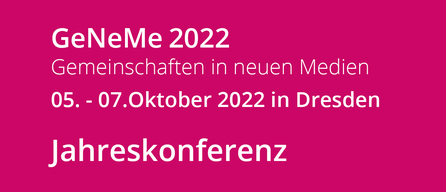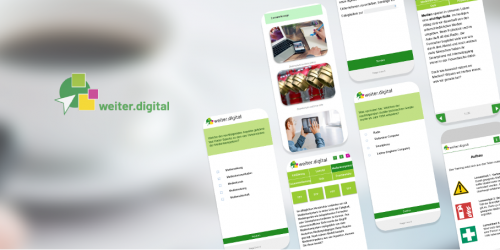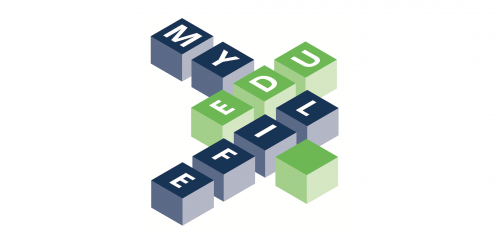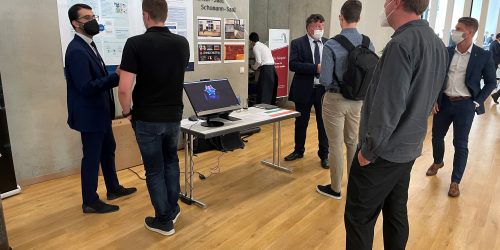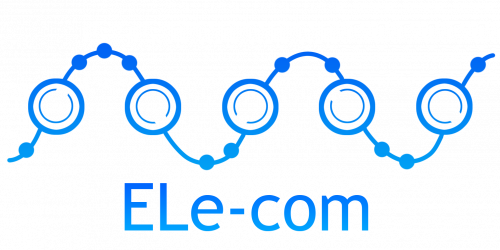Experience self-directed learning for yourself: A workshop for teachers
As part of the “weiter.digital” project, Michelle Pippig from the Center for Open Digital Innovation and Participation (CODIP) at the Technical University of Dresden, together with her colleague Jana Riedel, conducted a three-hour, practice-oriented workshop on the topic of “Self-directed learning in vocational education” for teachers at the Academy of Business and Administration (AWV) and the Academy for Vocational Education (AFBB) Dresden on May 9, 2022...



